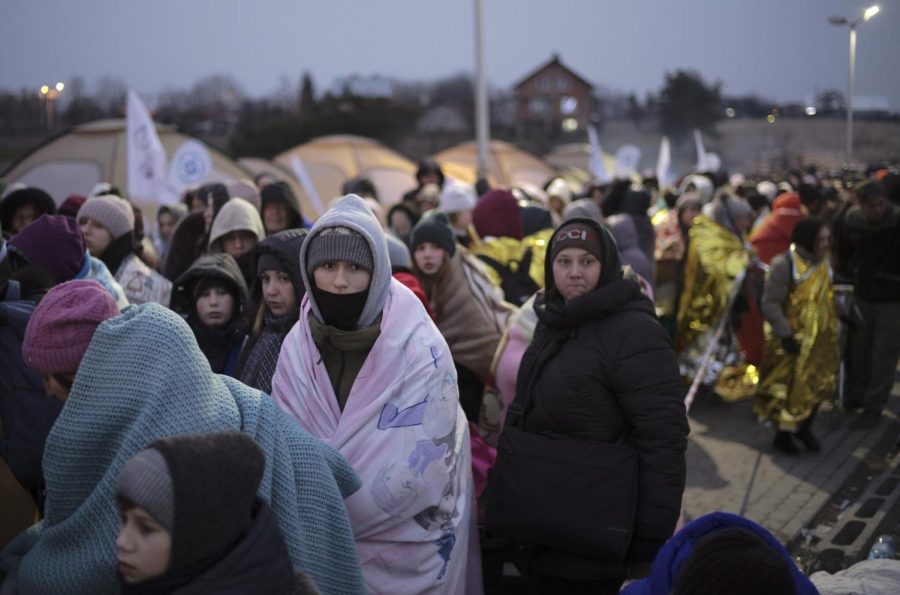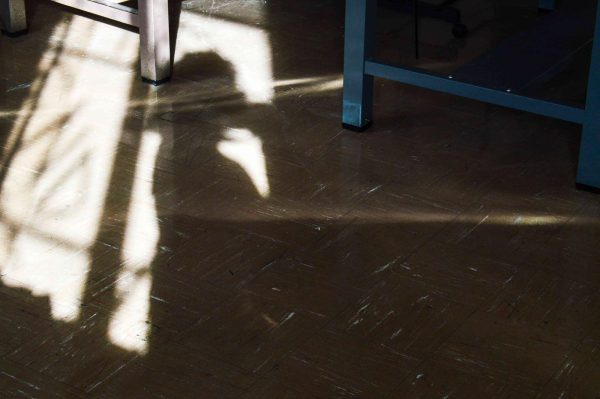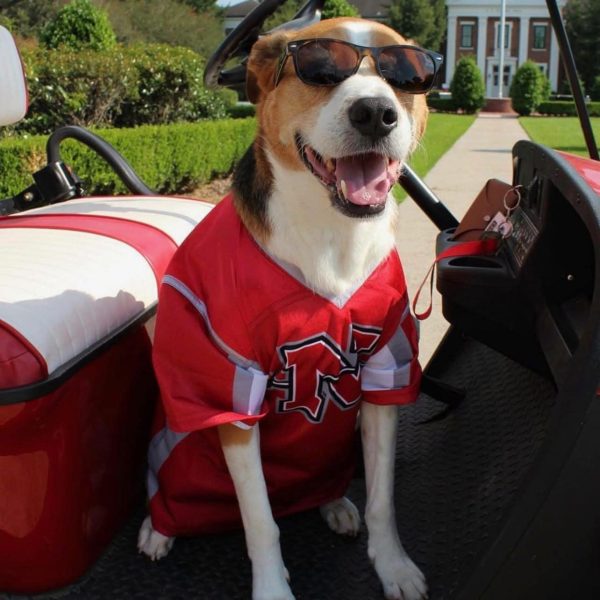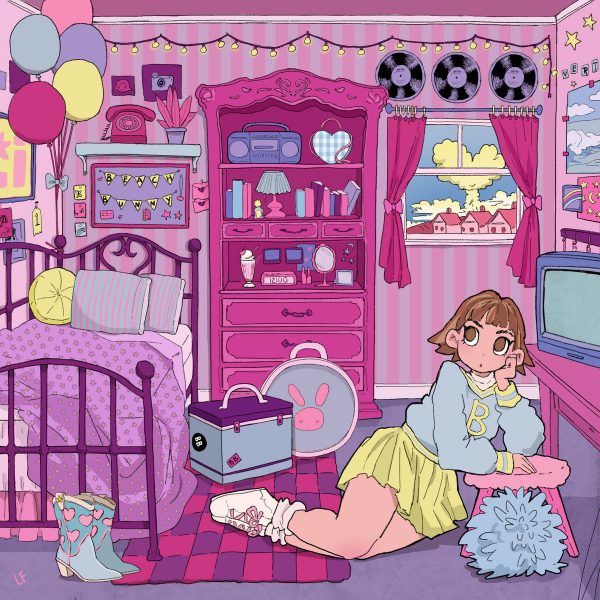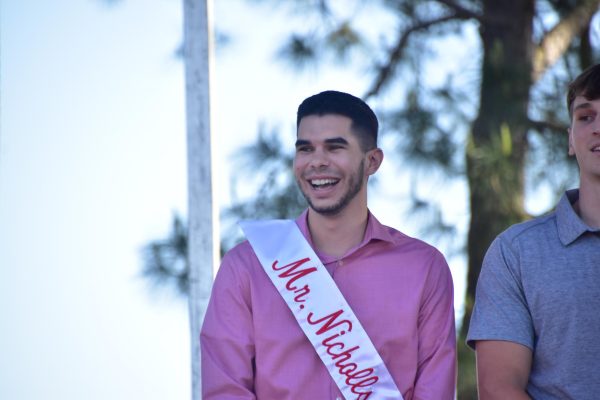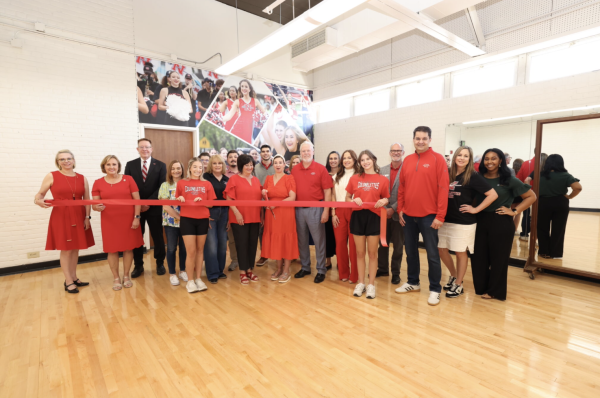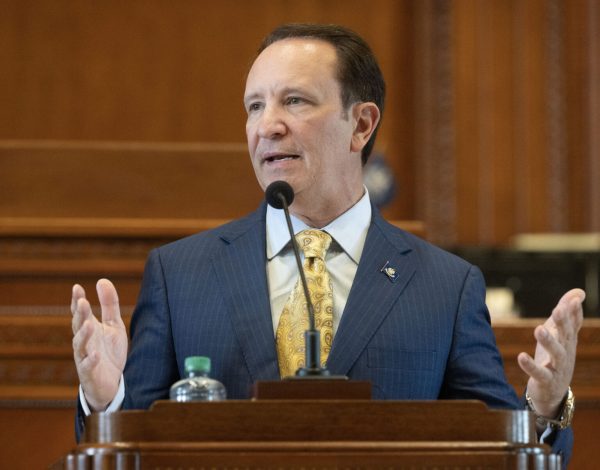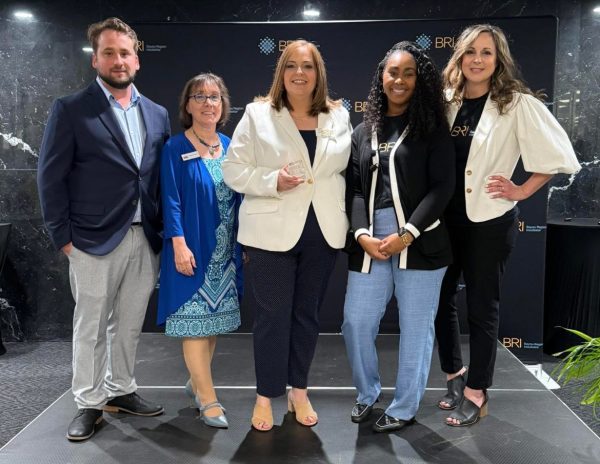Historical Timeline Leading up to the Ukraine Invasion
The recent invasion of Ukraine has become a tragic event for many, and it has developed into a complicated situation in which no one is sure of the outcome. However, Ukraine and Russia have a long history of conflict, which can even be thought of as centuries old.
There are multiple factors historians tend to look at concerning recent events and the formation of Russia and Ukraine’s complex conflict:
- Putin’s ambitions to reassert Great Russia in eastern Europe.
- The development of Ukraine and its establishment as a Christian orthodox empire and Putin’s theoretical alliance with orthodoxes and his association with the Russian church to try and use it for prestige. Though he is personally agnostic, Putin considers himself a “protector of the church” for public consumption because that is part of the core values of the old Russian imperial tzars.
- The periods of time when Ukraine went from being controlled by the Mongols for about 600 years or so, to having periods of independence as an empire, to even having the Polish in charge for a time.
- This conflict could date back to the creation of Rus, Kyiv and Muscovy. It could be deeply-seated within the Soviet-era with the Terror Famine that took place in the 1930’s where Stalin purposefully starved about 30% of the population to death by exporting all grain and animals outside of the country to show citizens who was dominant. The Soviet-era and Russian era often overlap, as the Soviets carried on Russian national interest and tsarist imperial ambition.
- It could date back to the transfer of Crimea to Ukraine, the fall of the Soviet Union, and the separation of post-Soviet states from Russia, which plays a huge role. The Russian empire, led by a tzar, ended after WWI and was ultimately overthrown by the Bolsheviks. This established the Soviet Union, which came to an end around 1991.
- Russia has always invaded and wanted to control its neighbors. All empires (Romans, Chinese, etc.) like to control their neighbors through outright conquest.
- There have been many efforts to develop Ukrainian nationalism by having the language taught in all the schools, resulting in the de-emphasis of the Russian language in schools, which has been a big quarrel with Putin and some Russians. Putin argues that the Russian minority in Ukraine has been abused and oppressed.
- The Russians are influenced by the Mongol conquest. They began to view themselves as more European under Peter the Great, but there is always a bit of an asiatic empire in Russia with the way they behave as a state.
- Looking at 2014 as a major conflict point when disagreements took place in Ukraine about turning towards the West, resulting in the removal and replacement of a pro-Russian president with a pro-western regime president.
Part of this is about national identity: is Ukraine a part of the Russian empire, or is Ukrainian nationalism more important than its historical association with Russia? How well developed is Ukrainian nationalism?
Ukraine has been a contested region, only becoming fully independent in 1991 after the fall of the Soviet Union. When Ukraine became independent, it gave up its nuclear weapons it had when part of the Soviet Union. Ukraine developed its own military and they are now using it to defend their country, inflicting some costs on the Russian military.
The history of Ukrainian independence is recent. It is a new and unwealthy country that hasn’t developed well economically, only exporting grain and maybe some coal. Even Ukraine’s fertility rate is low, which zaps the military. Russia also has a low fertility rate, but Russia has a much larger population, though it is shrinking. Russia can still sustain more losses than Ukraine can, for now.
Dr. James Gilley, assistant political science professor, said, “How much of this conflict is internal, and how much was externally motivated by outside influence, remains to be seen. However, the actual results are there: Russia invaded Crimea and the Donbas region, and since that time there has been an active conflict in the Donbas region. In the last month or so, this resulted in a full scale invasion of Ukraine.”
While there is certainly not a single reason for this conflict, it is possible to speculate that a few things play a role.
- Putin, as authoritarian as he is, must answer to an internal political audience, and often uses some sort of quick diversionary war to deliver a win for his people and increase his own power. This is especially clear in the cases of Chechnya and Georgia and, to some degree, Ukraine back in 2014.
- Putin may have wanted to have a “quick victory” in Ukraine to exploit divisions in the west, to prevent Ukraine from moving toward the European Union, and from joining NATO. Unfortunately for him, that did not happen within the 48 to 72 hours he expected it to take for the Special Military Operation.
- Particularly over the past fifteen years, especially over the last five years, Ukraine has tried to get more involved with the West, whether through economic alliances, talk of joining NATO, or a military alliance. Ukraine has moved toward a western orientation which troubles Russia. Some Russians are suspicious of the west. This bothers Putin. For years, Putin has expressed that he does not want Ukraine to join NATO. He has said that if Ukraine joins NATO, it would be like a military alliance with Mexico and Russia.
- Putin has accused the Ukrainians of allowing neo-nazism to spread. In WWII, thousands of Russians died fighting Nazi Germany. Anti-nazism is prominent within Russia, but so is white supremacy, which is contradicting.
- In Ukraine, Putin wants to install new leaders—something he may have overestimated as being simple considering that Ukraine has not really had a lot of time to develop as an independent nation.
- There is a large Russian minority in Ukraine, particularly on the border regions. They want Russian taught in schools, and are more oriented toward Russia than the western orientation of Ukraine’s leadership that wants to join NATO.
There have been many similar events in history that relate to the events occurring today.
- Both the second Chechnya and Georgia interventions are very close analogues for these actions. However, both of these were much smaller and better organized affairs than the Ukraine operation. Severe miscalculations seem to have been made in the decision to do the Ukraine Special Operation.
- In each of those events, Russia was victorious in a matter of a few days, and achieved their goals. In Chechnya, Russia destroyed the capital twice, and brought it fully under the control of Moscow. In Georgia, two separatist regions were created and put under Russian protection.
- In Russian history, it is evident that not many countries want to be their neighbor. Some of Russia’s neighbors despise Russians.
- The closest thing that Stalin did to what is happening currently, was with Finland back in 1939-1940. To secure geographic, strategic land, Stalin invaded Finland and seized part of it. This current situation would be as if Stalin would have gone after all of Finland. The Finns had given the Russians a very bloody nose, but had to agree to give up the territories in the end. There were huge casualties and losses for the Russians, but they ultimately won the war.
Conceptually, Ukraine is a people and a culture that views itself as distinct from Russia and from their neighbors just like any nationalist group. Ukraine views themselves as a people with a common past, and is striving for a common destiny within their own nation state. However, Russia is their geographic neighbor.
The troops started the build up—almost 200 battalion tactical groups—on the border around last November/ December. Russia and Ukraine have each lost about 10%, weakening Ukraine more than it does Russia.
Putin is using conquest increment tactics. This means they are getting rid of a little bit at a time until, before you know it, most of it is gone. The Nazis used this tactic to establish totalitarianism.
To Putin, the war has become a matter of national interest itself. His prestige and credibility is at stake. Putin is “grip-fighting” with the Ukrainians, and the Ukrainians have gotten him rattled. The fighting is to set up the “ultimate throw,” or the win. To him, it does not matter if you are a little unsettled in the fight, it’s about who wins the match.
The one group that could possibly be pressured by Putin and step in as an arbitrator is Xi of China, but he does not want to support Putin. There are too many disturbing images of children crying at the borders to give support to Putin, so they are trying to distance themselves. Though it could change, it seems as though China does not want to get involved.
If this conflict were to turn out like previous events, the war would already be over, and Russia would have won. But major miscalculations were made both about Russian capabilities and Ukrainian capabilities and resolve. The Ukrainians have been able to fight to a stalemate with the Russian force designated for this operation.
Faults in the institutional system of Russia have left the logistical situation for Russia in shambles. The West has been far more united in its response to Russia in the last several weeks. In many ways, the West is in uncharted territory, but Dr. James Gilley believes there are a few ways that this crisis could play out:
- First, the mostly likely outcome is a negotiated settlement resulting from talks. Wars seem to resolve when all parties understand the real situation on the ground and are willing to talk about what the outcome should be. Wars are costly, and there is no guarantee of winning, so negotiation is almost always the best way out. (This would probably be the one considered as Ukraine winning).
- Second, the costs could get too high within Putin’s regime, and an oligarch could seek to have Putin removed. A palace coup is an increasingly likely outcome the longer sanctions put pressure on those within the Putin regime.
- Third, Russia could reorganize, and move material and personnel around to achieve a victory in a much longer war. This seems to be becoming less likely the longer that the conflict goes on.
- Fourth: escalation. Should Putin feel backed into a corner, he could expand the conflict and bring in NATO. This would be a World War scale type scenario. It remains a very remote possibility, and would probably actually result in the Palace Coup before this happened. Russia could not win in the field against a united NATO force.
- It should be noted that China remains a bit of a wildcard currently on the sidelines. Should China feel that they and their international trade system are ready to make a play for hegemony, they could choose to side with Russia, changing the balance of the conflict. Should China not desire to challenge for hegemony, recognising that western nations are major economic players needed for their own success, they could choose to not support Russia, or actually oppose Russia. China’s actions could play a very important role in how this ultimately plays out.
Despite the predictions that can be made, in truth, no one knows how this could end. Putin demanded non-NATO membership, neutrality, and separatists regions of Donbas and Crimea that have already been taken. Would giving him these things have been sufficient to prevent an invasion? Who is to say?
It is a very complicated situation, but notably the one thing that has unified the west in recent years. Putin has unified the larger region against him. What shocked Putin is that he sought to bully the nation and sow disunity among NATO, but has actually unified the opposition against him in the region. The west has weakened itself because of internal divisions over cultural and political issues, but this conflict has united it.
The west is powerful, and when sanctions are placed on Russia—which is linked into the western banking system, credit systems and sales, and whose major trading partner is Germany—it can really hurt them. Even if you just think about the 800 McDonald’s in Russia, that’s a lot of Russian people working at McDonald’s who have no jobs now. Putin’s bank account has been frozen, and his credit cards cut in half so he cannot trade with the U.S. But how much money has he saved?
The west is united and economically powerful. One wonders, if the west had been united and imposed certain sanctions on Russia, if that would’ve brought Putin to a negotiation, but no one can know.
Putin is a survivor of Russian politics, which is not easy. Most news stations are pro-Ukrainian. We tend to look at the heroism of the Ukrainian president and the Ukrainian people. Will it matter in the end?
Putin is methodical and he can theoretically take his time and lose more troops. Will he continue to fight? Will troops engage in street fighting in a big city like Kyiv, or surround it and wait for the government to submit? Putin has taken some losses, and even lost some generals, but is still taking territory and moving in on Kyiv.
Does Putin care about his own people’s economic distress? It seems that it does not matter to him. Economic sanctions can goad people to further action and can hurt, but will it make him seize military action?
The truth is we will not know how this ends. This is an incredibly complex situation and to predict anything short term or long term would be arrogant.
Dr. Paul Wilson, Head of the History Department, said, “When we speak as historians, when we explain why someone is doing something, we are not justifying what they are doing, we are just explaining it. We support Ukraine’s independence.”
History professor Dr. Kurt Stiegler said, “In this country we argue over raising the minimum wage and getting rid of student loans, but Ukraine is experiencing a vastly different situation—a situation of life and death. It is about independence for Ukraine or conquest by Russia. A very different reality compared to our world of prosperity where we can evaluate political issues. They are in a struggle for survival. We tend to confuse inconvenience with crisis. Ukraine is facing a true crisis. It is a fight for national and personal existence.”
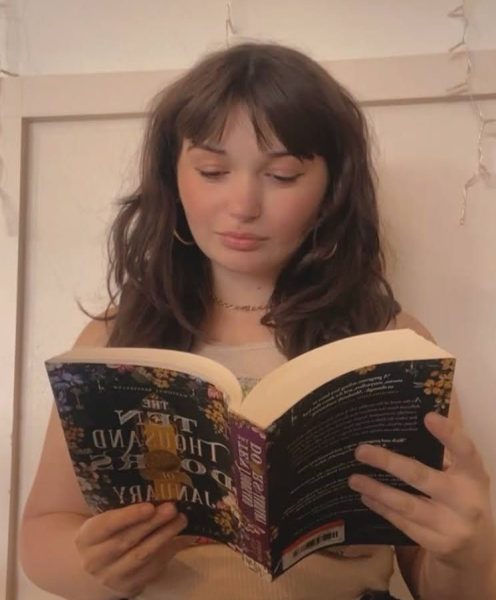
My name is Evan Elizabeth Cressoine. I’m a junior here at Nicholls, from Houma, studying creative writing. Above all, I am a storyteller. I’ve been...



